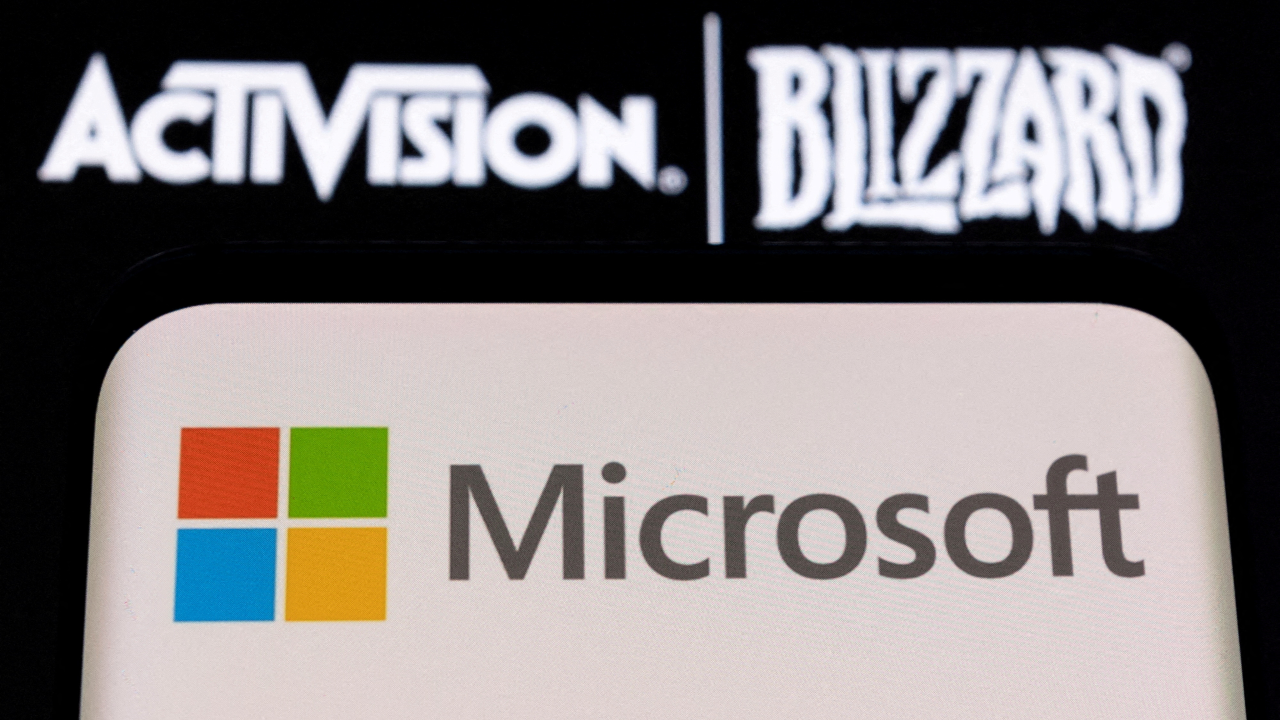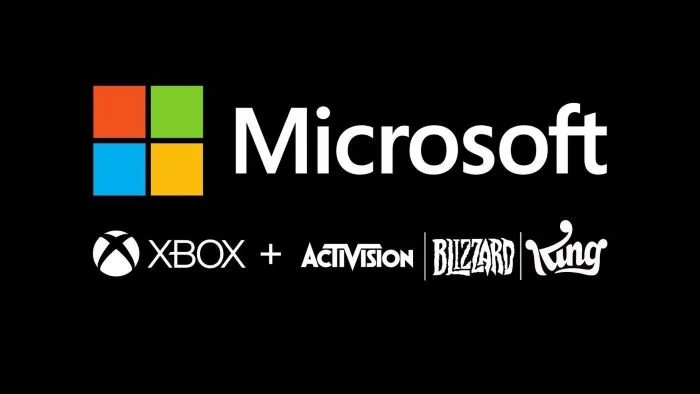Microsoft And Activision Filed A Response To The FTC's Antitrust Lawsuit, Saying The Consumer Will Benefit
Image Source: Reuters
As if this case could not get more complicated. After the Federal Trade Commission (FTC) tried to block Microsoft’s purchase of Activision Blizzard, the two companies joined forces to fight the lawsuit, claiming that contrary to what the FTC said, the deal would help, not hinder, consumers.
The FTC shot down the $68.7 billion deal, saying that it "would enable Microsoft to suppress competitors to its Xbox gaming consoles and its rapidly growing subscription content and cloud-gaming business." This anti-monopolistic control is not new to Microsoft, as it saw similar claims over two decades ago as Windows was showing utter dominance in the operating system market.
RELATED:
Microsoft countered the FTC’s claims of dominating the video game market by saying, "The commission cannot meet its burden of showing that the transaction would leave consumers worse off, because the transaction will allow consumers to play Activision’s games on new platforms and access them in new and more affordable ways.”
Microsoft has acknowledged that it plans to make a trio of Bethesda games exclusive to Xbox and PC, forcing any consumers who want those games to use one of those two Microsoft-exclusive machines in order to play them. Microsoft has also pledged to make Call of Duty available on other consoles, even offering Sony a 10-year deal, which Sony has declined. Microsoft claims that keeping such a large franchise, and limiting the number of consoles that it would be available on would alienate "a massive portion of the gamers that Activision has worked so hard to attract and retain." However, since Blizzard has not made their new games available via subscription, this deal would allow them to do that, which would benefit consumers.
Image Source: WCCFTech
Blizzard CEO Bobby Kotick commented on the deal:
"There is no sensible, legitimate reason for our transaction to be prevented from closing. Our industry has enormous competition and few barriers to entry. We have seen more devices than ever before enabling players a wide range of choices to play games. Engines and tools are freely available to developers large and small. The breadth of distribution options for games has never been more widespread. We believe we will prevail on the merits of the case.”
The UK has also stated objections to the deal. If a deal is not reached by July, the two companies would either have to renegotiate or abandon the deal.
READ NEXT:














